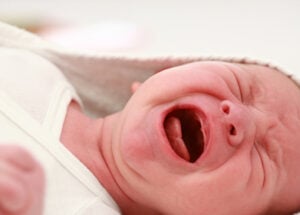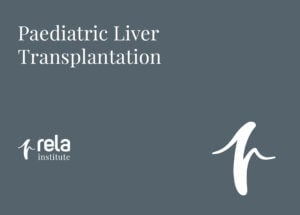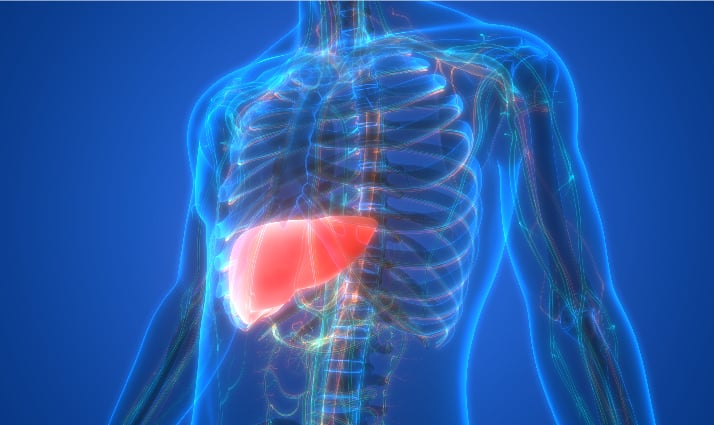Understanding Paediatric Liver Cirrhosis
September 13, 2019

In paediatric cases, liver cirrhosis is most often caused by a genetic (inherited) liver problem such as biliary atresia. In older children, conditions such as Wilson disease and autoimmune hepatitis can cause cirrhosis. Cirrhosis is the most severe stage of liver scarring. If left untreated, cirrhosis can lead to serious complications such as:
- Kidney failure
- Malnutrition
- Diabetes
- Liver cancer
Children with cirrhosis bruise and bleed easily and are more susceptible to infection than other children. They will need ongoing medical monitoring and treatment for the rest of their lives. Liver cirrhosis symptoms itself often causes no symptoms early in the disease process. Symptoms start when there is portal hypertension and/or the liver begins to fail, as scar tissue replaces healthy cells. Symptom severity may depend on the extent of liver damage. Other later symptoms, some due to complications, include:
- Reddened palms
- Loss of body hair
- Enlarged liver
- Enlarged spleen
- Appearance of thin, purplish-red, spidery looking blood vessels on the skin, especially around the navel
- Water retention and swelling in the legs and abdomen
- Vomiting blood
- Itching
- Abdominal infections
- Forgetfulness or confusion
- Tremors
- Inability to fully process drugs
- Enlarged, twisted, thin-walled blood vessels called varices in the oesophagus and/or stomach that can rupture and lead to life-threatening bleeding
- Liver cancer
Liver specialists, when suspecting that your child has cirrhosis, will perform tests including:
- Blood Tests – to assess how well the liver is working and determine a cause
- CT Scan, Ultrasound, MRI or Liver/Spleen Scan to identify changes in the liver
- Liver Biopsy – analysing a sample of liver tissue removed via a thin needle inserted into the liver
In general, cirrhosis cannot be cured or reversed, doctors treat it with the following goals:
- Controlling the cause of the liver damage
- Preventing additional damage
- Treating symptoms and complications
- Treating underlying medical conditions
The paediatric liver specialist may prescribe drugs to treat the underlying cause of the liver disease. Other medications may be used to control symptoms or fight infections. Some medications are prescribed to get rid of excess fluid in the body or reduce the risk of a blood vessel breaking. Others help the child’s body cut down on its absorption of harmful waste products or toxins.
If the complications of cirrhosis can no longer be controlled, or if the liver is in danger of no longer functioning, a liver transplant is often the best option.
Many of the liver disorders that cause cirrhosis in children are not preventable. However, good diet along with recommended vaccinations, medications and continuous blood tests can help regulate the decline of liver health and promote healthy liver functions.
ALWAYS Rela Hospital
The doctors, nurses, and staff in Rela Hospital have a deep understanding of the complexities of transplantation and complications of cirrhosis. We have one of the few dedicated teams of paediatric liver cirrhosis doctors. With our comprehensive resources and innovative care in the field of liver transplantation and cirrhosis treatment in Chennai, we have been recognized as the best hospital for paediatric liver transplantation in India.














